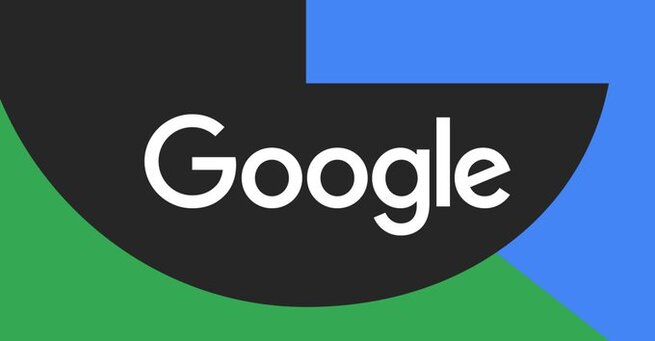
The recent Google antitrust ruling has sparked major debate about whether the decision truly addresses the tech giant’s dominance in online search and advertising. While the Department of Justice confirmed Google holds a monopoly, the court stopped short of requiring dramatic changes like spinning off Chrome or ending default search engine deals. Instead, Google must share some search data with competitors. This outcome has left many questioning whether the ruling goes far enough to ensure fair competition in the digital marketplace.
Why Critics Say The Google Antitrust Ruling Falls Short
Lawmakers and industry leaders argue that the remedies ordered are too limited to curb Google’s overwhelming control. Critics point out that the decision still allows Google to maintain exclusive partnerships that block competitors from gaining a foothold. They stress that without stronger measures, the ruling risks preserving Google’s advantage and limiting consumer choice. Many experts believe additional regulations are needed to ensure transparency, protect innovation, and prevent the company from using its influence to shape emerging technologies like AI-powered search.
Impact Of The Google Antitrust Ruling On Consumers And Competitors
For everyday users, the Google antitrust ruling may not bring visible change in the short term. Consumers will likely still see Google as the default search engine across browsers and devices, which continues to shape how people access information online. Competitors argue that this lack of structural change makes it harder for alternative platforms to thrive. Without meaningful restrictions, smaller companies may struggle to challenge Google’s dominance, leaving fewer options for users and less incentive for the industry to innovate.
What The Google Antitrust Ruling Means For The Future Of Big Tech
This case signals an important moment in how governments approach regulating powerful tech companies. While the remedies might feel minimal today, the Google antitrust ruling sets the stage for future legal and policy debates around digital competition. Lawmakers are already pushing for stronger legislation that goes beyond courtroom decisions. The outcome highlights the growing urgency to establish clear rules for Big Tech to ensure a fairer online economy—one that protects consumers, encourages innovation, and holds even the largest players accountable.
𝗦𝗲𝗺𝗮𝘀𝗼𝗰𝗶𝗮𝗹 𝗶𝘀 𝘄𝗵𝗲𝗿𝗲 𝗿𝗲𝗮𝗹 𝗽𝗲𝗼𝗽𝗹𝗲 𝗰𝗼𝗻𝗻𝗲𝗰𝘁, 𝗴𝗿𝗼𝘄, 𝗮𝗻𝗱 𝗯𝗲𝗹𝗼𝗻𝗴. We’re more than just a social platform — from jobs and blogs to events and daily chats, we bring people and ideas together in one simple, meaningful space.